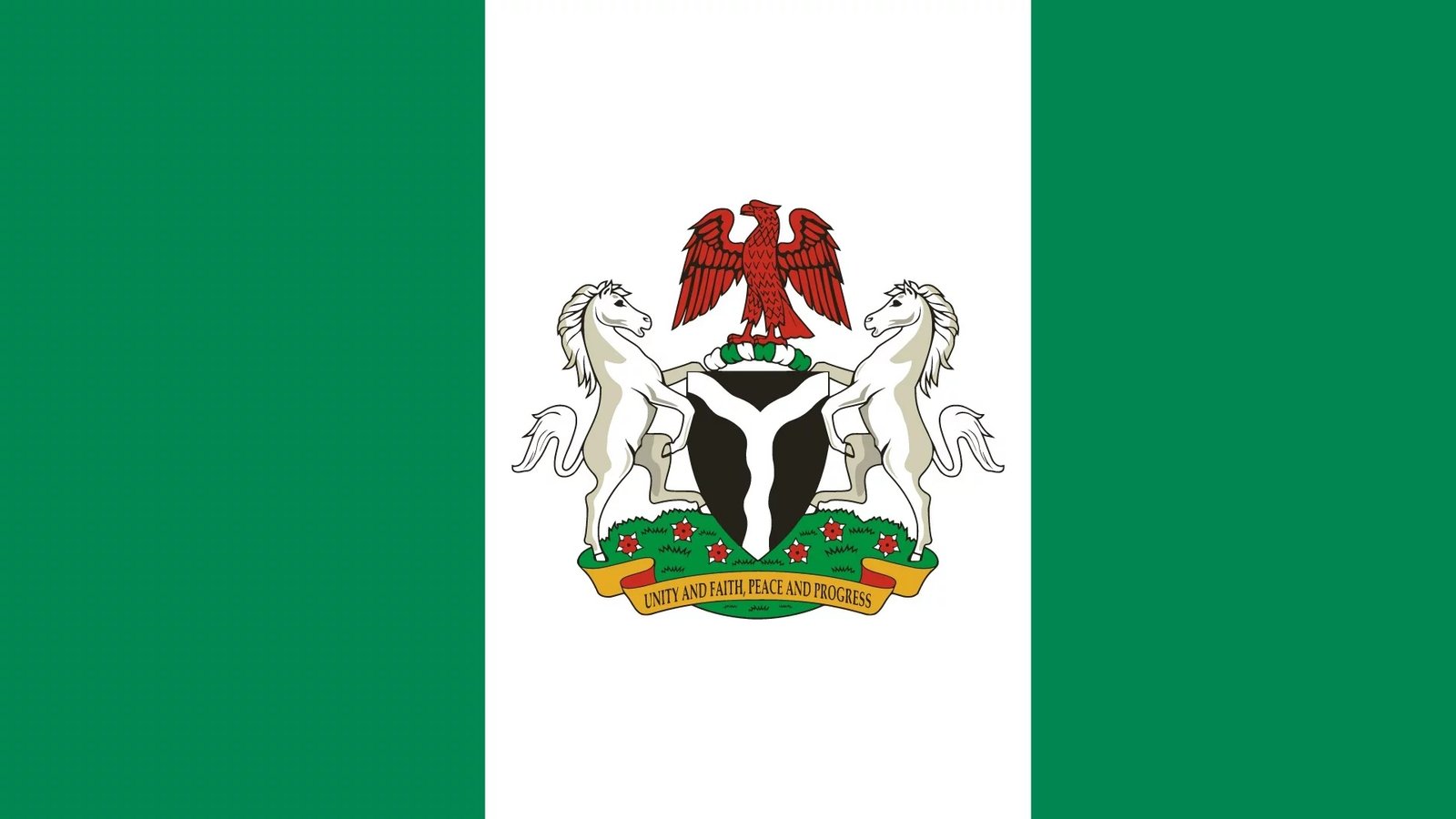This article will show you a list of Most Powerful Political Offices in Nigeria
Nigeria has many political positions and government offices, many of which are held by prominent politicians. Power in the country is ordered from the president down to the lowest office. Let’s take a look at the others in the order. This article will look at the top ten political positions and the responsibilities that come with them. The political officials who hold these top positions in the government are listed below.
1. OFFICE OF THE PRESIDENT OF THE FEDERAL REPUBLIC OF NIGERIA
2. OFFICE OF THE VICE PRESIDENT OF THE FEDERAL REPUBLIC OF NIGERIA
3. OFFICE OF THE PRESIDENT OF THE SENATE OF NIGERIA
4. OFFICE OF THE SPEAKER OF THE HOUSE OF REPRESENTATIVES OF NIGERIA
5. OFFICE OF THE MINISTER FOR JUSTICE AND ATTORNEY-GENERAL OF THE FEDERAL REPUBLIC OF NIGERIA
6. OFFICE OF THE DEPUTY SENATE PRESIDENT OF NIGERIA
7. OFFICE OF THE DEPUTY SPEAKER OF THE HOUSE OF REPRESENTATIVES OF NIGERIA
8. OFFICE OF THE SECRETARY TO THE GOVERNMENT OF THE FEDERATION
9. OFFICE OF THE HEAD OF THE CIVIL SERVICE OF THE FEDERATION
10. OFFICE OF THE NATIONAL SECURITY ADVISOR
Duties/Responsibilities of Most Powerful Political Offices in Nigeria
OFFICE OF THE PRESIDENT OF THE FEDERAL REPUBLIC OF NIGERIA
The President of Nigeria is the country’s highest political office. The President is a member of the Federal Executive Council, National Security Council, and National Defence Council by statute. This is the highest position in the executive branch of the federal government. The President has the authority to appoint federal executive, regulatory, judicial, and diplomatic officials and is primarily responsible for foreign policy formulation.
OFFICE OF THE VICE PRESIDENT OF THE FEDERAL REPUBLIC OF NIGERIA
The Vice President is Nigeria’s second-highest political position in the executive branch. The Vice President is also democratically elected to a four-year term alongside the President. In the event that the President is unable to carry out his or her duties, the Vice President is first in line to become President.
The Vice President serves on the National Economic Council, the National Security Council, and the Federal Executive Committee. The chairman of the National Economic Council is legally designated as the vice president.
OFFICE OF THE PRESIDENT OF THE SENATE OF NIGERIA
The Senate President is in charge of preside over the Senate of Nigeria, the country’s bicameral legislature’s upper house. The Senate President is chosen by an indirect vote of the 109 members of the National Assembly’s upper house. If the President and Vice President are unable to handle the responsibilities of the Presidency, Nigeria will be led by the Senate President. Ahmed Ibrahim Lawan has been the Speaker of the Nigerian Senate since June 11, 2019.
OFFICE OF THE MINISTER FOR JUSTICE AND ATTORNEY-GENERAL OF THE FEDERAL REPUBLIC OF NIGERIA
Nigeria’s Ministry of Justice is led by the Minister of Justice and Attorney General. This office is in charge of advising the federal government on legal issues and defending Nigeria in court. The Attorney-General of the Federal Republic of Nigeria is also in charge of defending Nigerian citizens against arbitrary executive actions. The Nigerian Attorney-General is the fourth in line to succeed Nigeria’s President. Abubakar Malami was sworn in as the country’s attorney general and minister of justice on November 11, 2015.
OFFICE OF THE DEPUTY SENATE PRESIDENT OF NIGERIA
The Deputy Senate President, the second-highest position in the Nigerian Senate, is elected through an indirect vote held within the Senate. In the absence of the Senate President, the Deputy Senate President serves as the Senate President. The Deputy Senate President is number five in the presidential succession. Obarisi Ovie Omo-Agege, who took office on June 11, 2019, is the current deputy senate president.
OFFICE OF THE DEPUTY SPEAKER OF THE HOUSE OF REPRESENTATIVES OF NIGERIA
The Deputy Speaker of the House of Representatives, Nigeria’s lower house, is the second-highest member of the bicameral National Assembly. In an indirect house election, the Deputy Speaker is chosen by a majority of the members of the Nigerian House of Representatives. If the Speaker is not present, the Deputy Speaker of the House of Representatives is in charge of leading the body. The Deputy Speaker is the sixth presidential candidate. Since June 12, 2019, Ahmed Idris Wase has served as the Deputy Speaker of the Nigerian House of Representatives.
OFFICE OF THE SECRETARY TO THE GOVERNMENT OF THE FEDERATION
The Secretary to the Federation’s Government is in charge of supervising and coordinating the activities of federal departments, agencies, and ministries, as well as coordinating policy implementation. Currently, Boss Gida Mustapha serves as the Federation’s government’s secretary.
OFFICE OF THE HEAD OF THE CIVIL SERVICE OF THE FEDERATION
The Office of the Civil Service of the Federation is in charge of overseeing and improving the capabilities of the Federal Civil Service. He or she ensures that the workforce is committed, focused, and disciplined in order to help the Federal Government carry out its policies and programs. Dr. Folasade Yemi-Esan is currently the Federation’s civil service leader.
OFFICE OF THE NATIONAL SECURITY ADVISOR
The National Security Advisor is responsible for advising the President on national security issues. This includes advising the President on issues involving intelligence agency activities and making recommendations to the President on security agency activities. On the Federal Executive Council, National Security Council, and Presidency, the National Security Advisor represents this political position. The current national security adviser is Babagana Monguno.




















